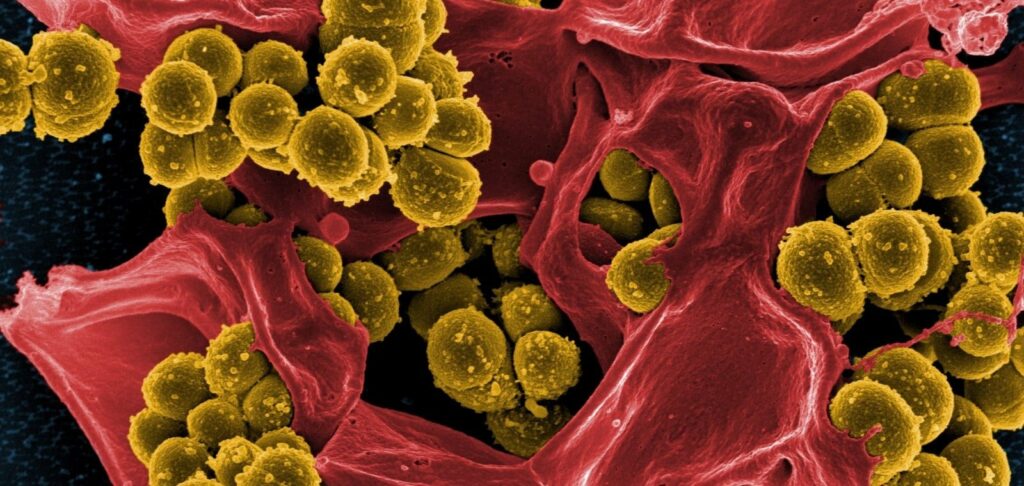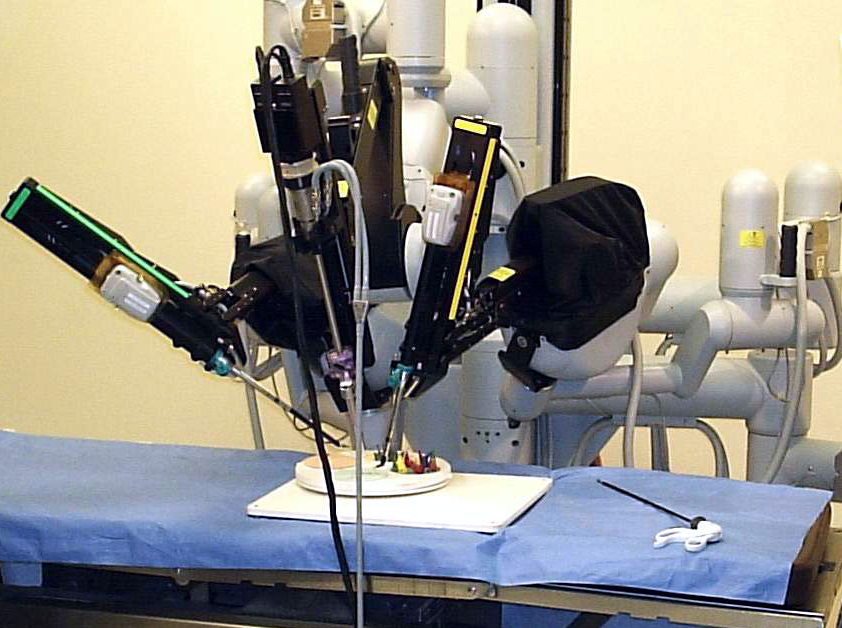

Gene-based vaccines represent one of the most promising developments in modern medicine.
In recent years, they have attracted the attention of both scientists and the general public due to their effectiveness and ability to quickly adapt to new threats.
In this article, we will look at what gene vaccines are, their advantages, areas of application, and prospects for development.

What are gene vaccines?
Gene vaccines use genetic material – usually DNA or RNA – to stimulate the body’s immune system.
Unlike traditional vaccines, which use weakened or inactivated forms of viruses or bacteria, gene vaccines introduce a genetic code that causes the body’s cells to produce specific pathogen proteins.
This allows the immune system to recognize and remember these proteins, providing protection when actually infected.

Benefits of gene vaccines
- Rapid development: Gene-based vaccines can be developed much faster than traditional vaccines, which is particularly important in pandemic situations.
- Flexibility: Vaccines can be rapidly modified to suit new strains of viruses or bacteria.
- Efficacy: High degree of stimulation of the immune response, including both humoral and cellular immunity.
- Safety: No use of live pathogens reduces the risk of side effects.

Applications of gene vaccines
Infectious diseases
Gene-based vaccines have already been shown to be effective against COVID-19. Pfizer-BioNTech and Moderna vaccines are based on mRNA technology and have demonstrated high efficacy in preventing severe forms of the disease 1.
Oncology
Gene vaccines are used to stimulate the immune system to fight cancer cells. They can be tuned to specific antigens that are present only on the surface of cancer cells, thus effectively destroying them 2.
Genetic diseases
Studies show that gene vaccines can be used to correct genetic mutations that cause various inherited diseases 3.
Benefits and Challenges
Advantages
- Personalization of therapy: Possibility to develop vaccines tailored to the individual genetic characteristics of the patient.
- Broad spectrum of applications: From infectious diseases and cancer to rare genetic disorders.
- Reduced development time: Rapid response to new threats.
Challenges
- Storage and transportation: Many gene vaccines require special storage conditions, making them difficult to distribute.
- Cost: High development and production costs can limit the availability of vaccines.
- Long-term safety: More research is needed to assess the long-term effects of gene vaccines.
Table 1: Comparison of traditional and gene vaccines
| Characterization | Traditional vaccines | Gene vaccines |
|---|---|---|
| Material | Weakened or inactivated pathogens | DNA or RNA genetic material |
| Development time | Prolonged | Quick |
| Immune stimulation | Humoral immunity | Humoral and cellular immunity |
| Safety | Risk of side effects from pathogens | Minimal side effects |
| Examples | Influenza vaccine, polio vaccine | Pfizer-BioNTech, Moderna COVID-19 vaccines |
Prospects for the development of gene vaccines
The future of gene-based vaccines looks promising. They are expected to become the basis of personalized medicine, enabling the development of individualized approaches to disease treatment and prevention. In addition, research is ongoing to improve the stability and availability of gene vaccines, making them more accessible to the general public.
Table 2: Examples of current gene vaccine studies
| Research | Purpose | Results |
|---|---|---|
| Pancreatic cancer vaccine | Stimulating the immune system to fight cancer | Positive clinical results |
| Genetic vaccine against cystic fibrosis | Correction of genetic mutations | Improved lung function in patients |
| mRNA of the Ebola virus vaccine | Prevention of Ebola virus infection | Highly effective in prevention |
Conclusion
Gene-based vaccines are opening new horizons in medicine, offering effective and safe solutions to fight various diseases. Despite some challenges, their potential is undeniable, and further research promises to make them an integral part of modern medicine.
Literature



